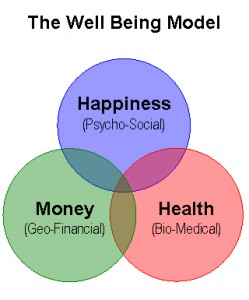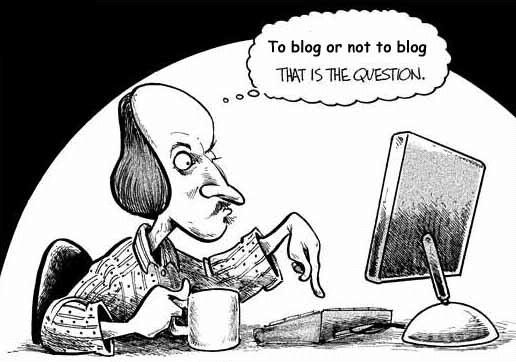To read something we wrote some time ago is to step back into a less evolved (yet sometimes more virtuous) mindset we once inhabited. Whether a two year old blog post or a book report from the fifth grade, we are reminded of how we saw the world at an earlier period in our intellectual and emotional evolution.
A neurotic Google search recently unearthed the below article, which I wrote and posted more than three years ago. It chronicles events that my imagination was happy to revisit. But its topic, the the elusive definition of well-being, is something I wrestle with to this day.
Can Well-Being Be Measured?
Originally written and posted on July 18 2007
 Our stereotypes of wealth and poverty develop at a young age, and are deeply entrenched in our minds. Roughly speaking, to be wealthy is to have more resources, which it to enjoy a higher quality of life. To be wealthy is to be well. To be poor, on the other hand, is to lack, which is to do, well…poorly. Generally speaking, most would agree that they are better off having more as opposed to less.
Our stereotypes of wealth and poverty develop at a young age, and are deeply entrenched in our minds. Roughly speaking, to be wealthy is to have more resources, which it to enjoy a higher quality of life. To be wealthy is to be well. To be poor, on the other hand, is to lack, which is to do, well…poorly. Generally speaking, most would agree that they are better off having more as opposed to less.
But sometimes more evolved cultural values emerge from poverty. In the poorest regions of the world, members of communities are often more interdependent, and in closer contact with each other. Family is more important, as is religion and spirituality.
Never have I witnesses a greater sense of community than during the past two months while living in Harlem. At night and on weekends, the streets of Harlem come alive. Fire hydrants blast water on heat evading kids. Music blares. The streets are filled with people of all ages playing sports of all kinds, the sidewalks consumed by game upon game of cards and dynamos. People eat, drink, dance and play. On Friday and Saturday nights especially, the blocks of Harlem transform into a vibrant, ad hock festival. Continue reading Reductive: Can Well-Being Be Measured?
